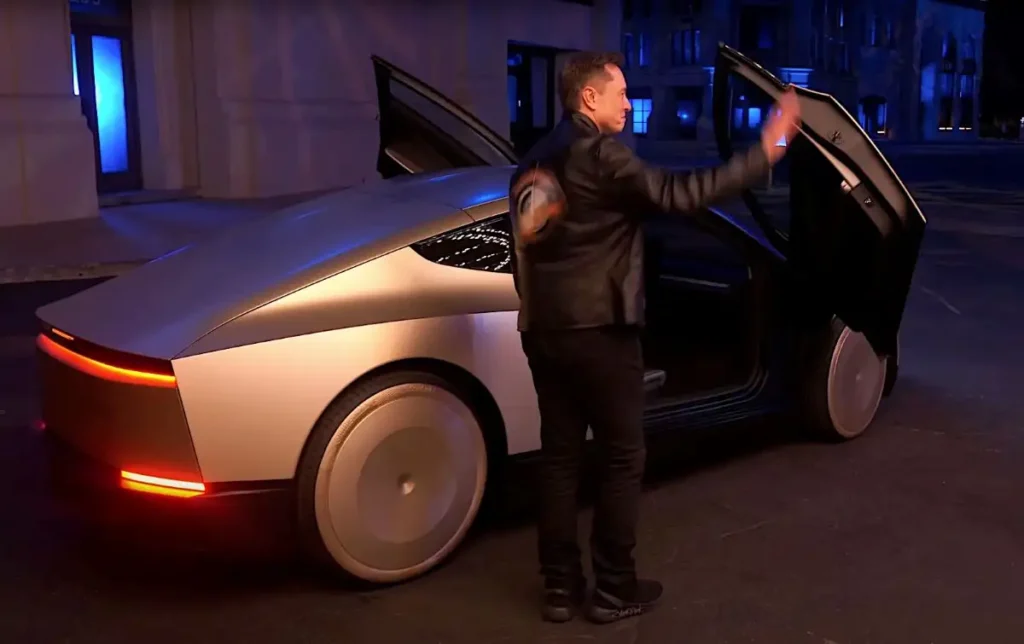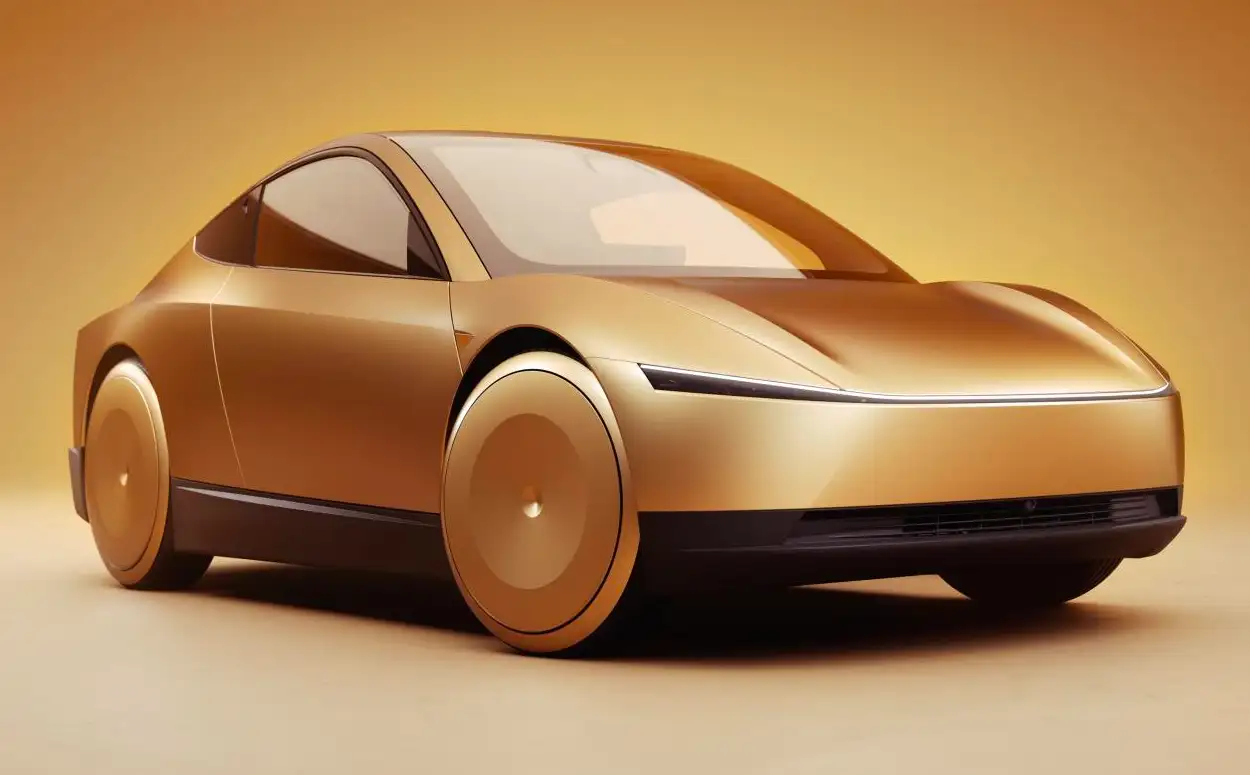Tesla Begins Importing Chinese Components for Semi and Cybercab Production After US-China Trade Truce
Tesla is making a strategic move to source key components from China for its upcoming Semi and Cybercab models. This development follows a significant easing of trade tensions between the United States and China, as both nations recently agreed to roll back a large portion of tariffs and other restrictions. The breakthrough is expected to benefit multiple industries, especially electric vehicles and technology manufacturing.

Trade Truce Sparks Manufacturing Shift
The trade agreement, announced on Monday, marks a turning point after years of economic friction between the world’s two largest economies. These disputes had created considerable obstacles for companies operating across borders, driving up production costs and disrupting supply chains.

With the bulk of tariffs now set to be lifted, Tesla is taking advantage of the relaxed regulations to source affordable, high-quality components from Chinese suppliers. This change is expected to accelerate production of the Semi — Tesla’s electric freight truck — and the Cybercab, an autonomous robotaxi that’s central to Elon Musk’s vision for the future of urban mobility.
Tesla Taps Into China’s Manufacturing Strength
China remains the global hub for advanced manufacturing, particularly in batteries and electronic systems — two core elements in electric vehicle development. Tesla’s Gigafactory in Shanghai has already demonstrated how efficient Chinese production can be, helping meet global demand for the company’s EVs.
Now, Tesla plans to import selected parts from China to support final assembly at its U.S.-based plants, including the facility in Texas. This approach enables faster scaling without sacrificing quality or innovation. It also helps offset challenges Tesla has faced with domestic supply shortages and rising material costs.
Why the Semi and Cybercab Are Key to Tesla’s Future
The Tesla Semi is poised to transform the logistics sector. It promises zero emissions, lower fuel costs, and minimal maintenance compared to diesel trucks. However, production delays—mostly due to battery supply issues—have stalled its launch since the original 2017 announcement.
Meanwhile, the Cybercab aims to disrupt the ride-hailing industry. It’s designed to be a fully autonomous, electric vehicle built for urban use, potentially reducing congestion and emissions. With renewed supply chain stability, both models may now see accelerated development.
A Signal to the Industry
Tesla’s decision is likely to influence other automakers and tech companies that have been hesitant about Chinese sourcing amid trade tensions. If Tesla demonstrates cost savings and production gains through this move, competitors might reconsider their own strategies.
Moreover, this shift underscores the increasingly global nature of innovation. Regardless of geopolitical differences, companies often rely on international collaboration to remain competitive and efficient.
Mixed Reactions from U.S. Stakeholders
While the business community largely supports the new trade environment, concerns remain among U.S. policymakers and labor groups. Some argue that increased reliance on Chinese imports may weaken efforts to strengthen domestic manufacturing.
Still, Tesla maintains a strong U.S. presence. The company continues to invest heavily in American jobs and infrastructure. The new sourcing strategy, Tesla argues, complements its domestic operations rather than undermines them. By importing components but assembling vehicles locally, the company aims to strike a balance between efficiency and national economic interests.
Consumer and Environmental Benefits
For consumers, this development could bring Tesla’s next-generation vehicles to market faster and at potentially lower prices. Reduced production costs from imported parts may allow the company to offer more competitive pricing, particularly in fleet-scale rollouts for logistics and ride-hailing services.
The environmental impact is also significant. The Tesla Semi, once deployed at scale, could greatly reduce greenhouse gas emissions in the transportation sector. The Cybercab, with its electric drivetrain and autonomous features, offers a sustainable solution to urban traffic and pollution challenges.
The Road Ahead
Tesla’s integration of Chinese components into its U.S. operations marks a new chapter in global EV manufacturing. While challenges remain — including quality control, compliance, and public perception — the company appears confident in this hybrid production model.
More broadly, this move suggests that the recent U.S.-China trade truce could have far-reaching impacts. If successful, it may open the door for deeper industrial cooperation and reshape how multinational companies build, source, and deliver their products.
As Tesla continues to push the boundaries of innovation, its approach may serve as a blueprint for others navigating an increasingly interconnected — and competitive — world.






